Dying Stephen Hawking changed his mind about Big Bang theory
Famed physicist revised key idea shortly before his death in March
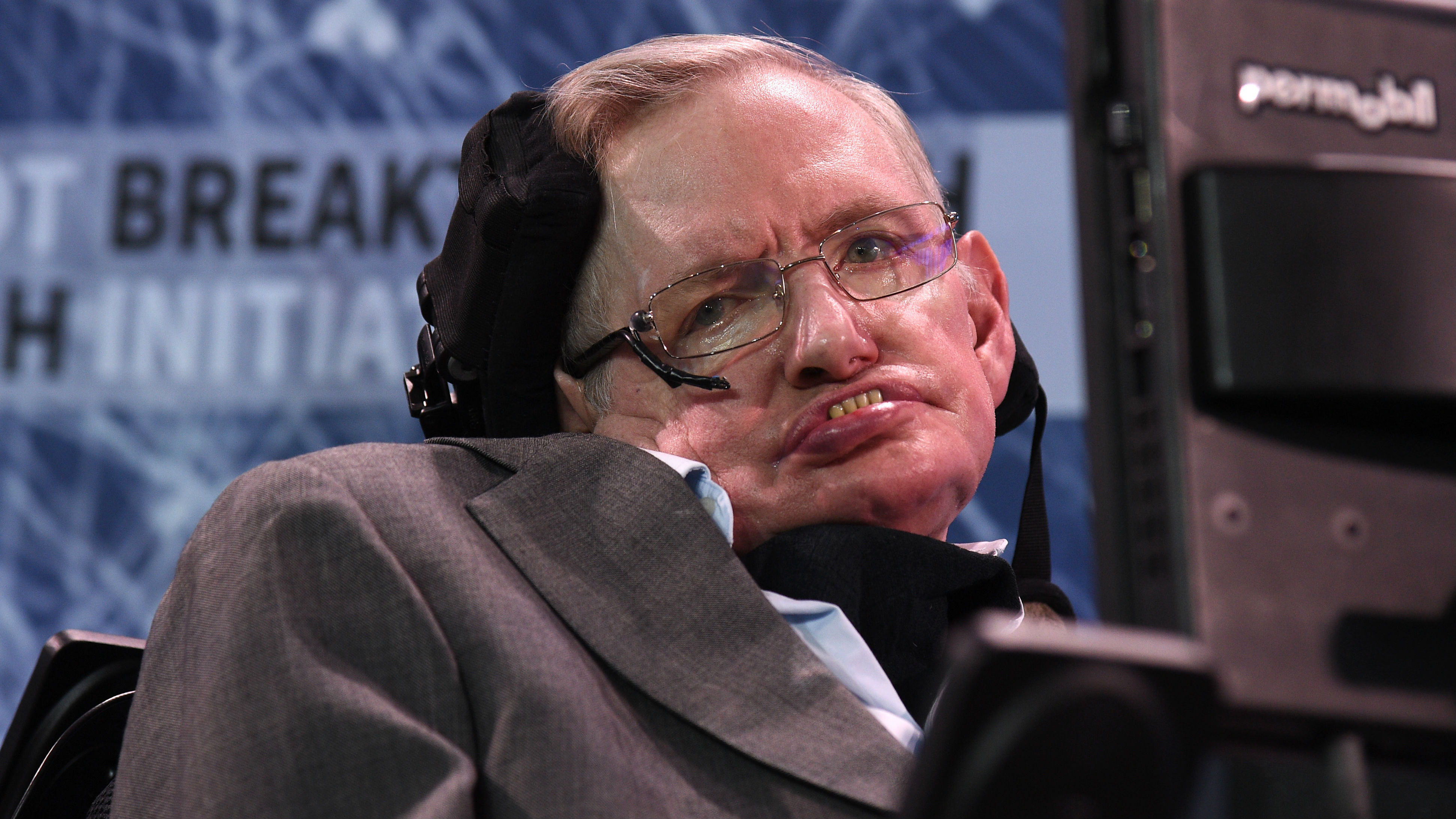
A free daily email with the biggest news stories of the day – and the best features from TheWeek.com
You are now subscribed
Your newsletter sign-up was successful
The final piece of work by Professor Stephen Hawking appears to heavily revise one of his most famous theories: that of endless multiple universes, each different from the last.
The newly published paper - completed ten days before the physicist’s death on 14 March, at the age of 76 - ditches the “no boundary theory” that he devised with fellow researcher James Hartle back in 1983.
The pair proposed that prior to the Big Bang, there was space but no time. So the universe expanded from a single point when it began, but has no time boundaries, making it infinite.
The Week
Escape your echo chamber. Get the facts behind the news, plus analysis from multiple perspectives.

Sign up for The Week's Free Newsletters
From our morning news briefing to a weekly Good News Newsletter, get the best of The Week delivered directly to your inbox.
From our morning news briefing to a weekly Good News Newsletter, get the best of The Week delivered directly to your inbox.
This idea “resolved a difficulty with Einstein’s theory that suggested that the universe began nearly 14 billion years ago but said nothing about how it began”, says the BBC. Yet while Hawking and Hartle had “tied up one loose end”, the new theory created another, the broadcaster adds.
The “no boundary theory” implies that the Big Bang would have led to the creation of infinite universes, each exhibiting physical laws that differ from others.
But if the Big Bang were to birth an infinite number of possible universes, all with different laws of physics, most of them would be hostile to the stable existence of the matter that makes up stars, planets and human beings - and of physics itself as we know it.
As a result, it would remain impossible to explain why the physics of our own universe work as they do, given the variations that other universes may experience.
A free daily email with the biggest news stories of the day – and the best features from TheWeek.com
However, in his final paper, submitted to the Journal of High Energy Physics, Hawking and fellow physicist Thomas Hertog revised the theory, suggesting that the universe does have a boundary - which makes for a “simpler set of alternate universes”, The Times reports.
In the new theory, instead of space being filled with countless universes where entirely different laws of physics apply, these alternate universes may not actually vary that much from one another.
According to The Guardian, the new theory “may provide some comfort to physicists who wonder how, given all the hostile variations thought possible, we find ourselves in a universe well suited to life”.
“In the old theory there were all sorts of universes: some were empty, others were full of matter, some expanded too fast, others were too short-lived. There was huge variation,” Hertog explains. “The mystery was why do we live in this special universe where everything is nicely balanced in order for complexity and life to emerge?
“[The new theory] reduces the multiverse down to a more manageable set of universes which all look alike. Stephen would say that, theoretically, it’s almost like the universe had to be like this. It gives us hope that we can arrive at a fully predictive framework of cosmology.”
-
 Political cartoons for February 15
Political cartoons for February 15Cartoons Sunday's political cartoons include political ventriloquism, Europe in the middle, and more
-
 The broken water companies failing England and Wales
The broken water companies failing England and WalesExplainer With rising bills, deteriorating river health and a lack of investment, regulators face an uphill battle to stabilise the industry
-
 A thrilling foodie city in northern Japan
A thrilling foodie city in northern JapanThe Week Recommends The food scene here is ‘unspoilt’ and ‘fun’
-
 Richard Branson’s Virgin Galactic and Jeff Bezos’s Blue Origin: the new space race?
Richard Branson’s Virgin Galactic and Jeff Bezos’s Blue Origin: the new space race?Speed Read Branson has declared space open for business. Is that still a pie in the sky?
-
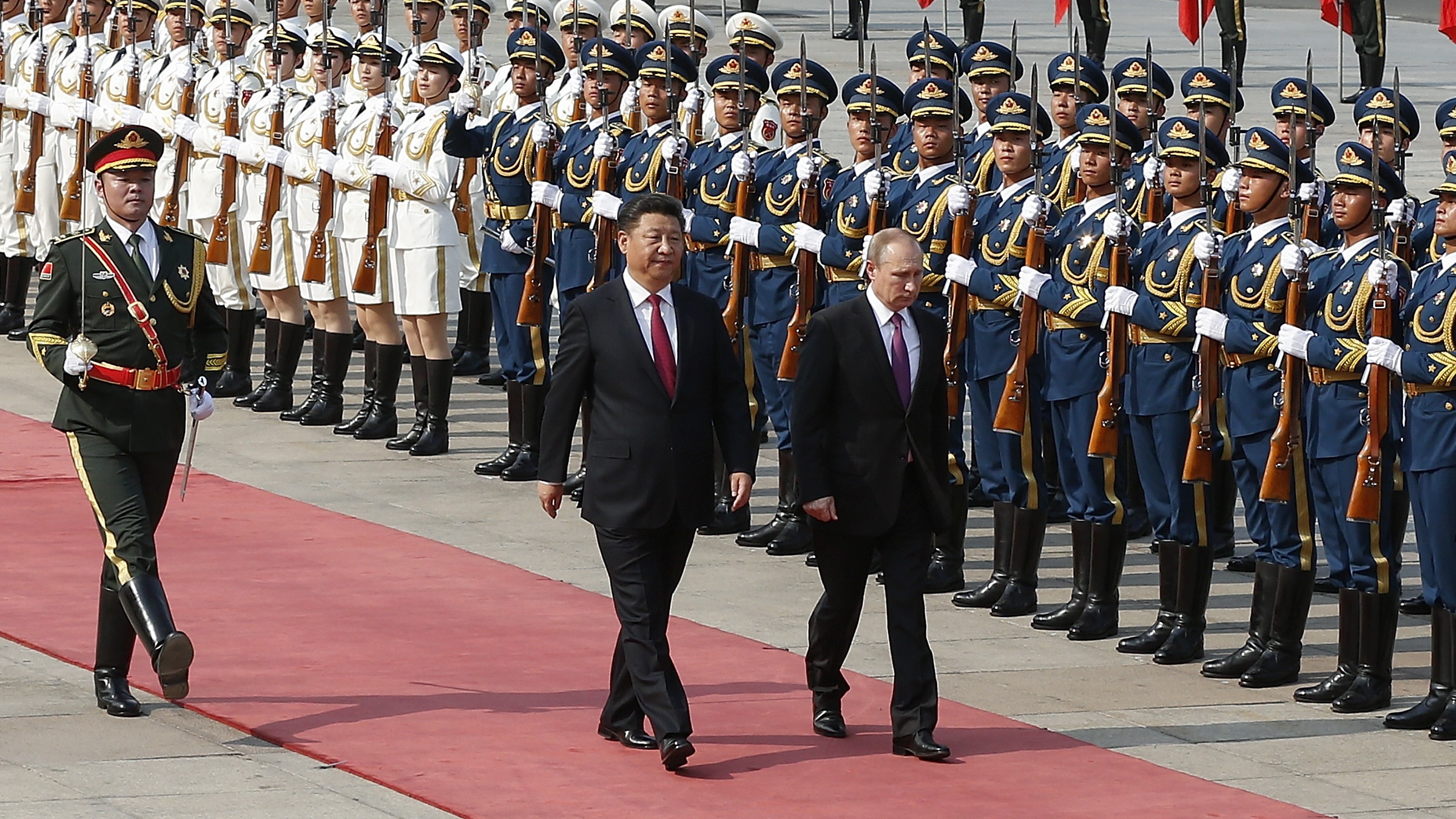 Russia and China joining forces to build first Moon base
Russia and China joining forces to build first Moon baseSpeed Read Lunar pact represents ‘all kinds of security threats’ to UK and US, expert warns
-
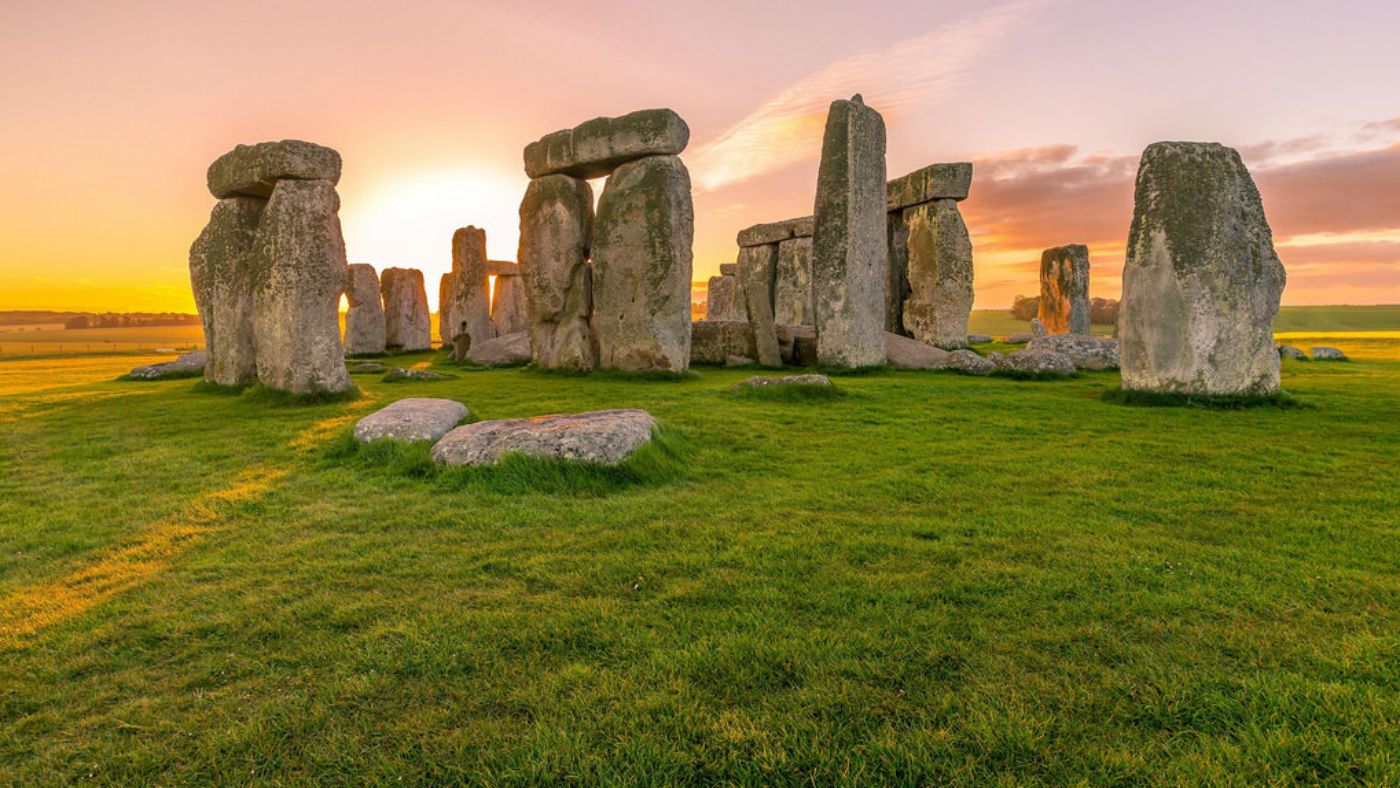 Mystery of where Stonehenge stones came from finally solved
Mystery of where Stonehenge stones came from finally solvedSpeed Read But how the builders moved the huge stone megaliths to the Salisbury site remains a mystery
-
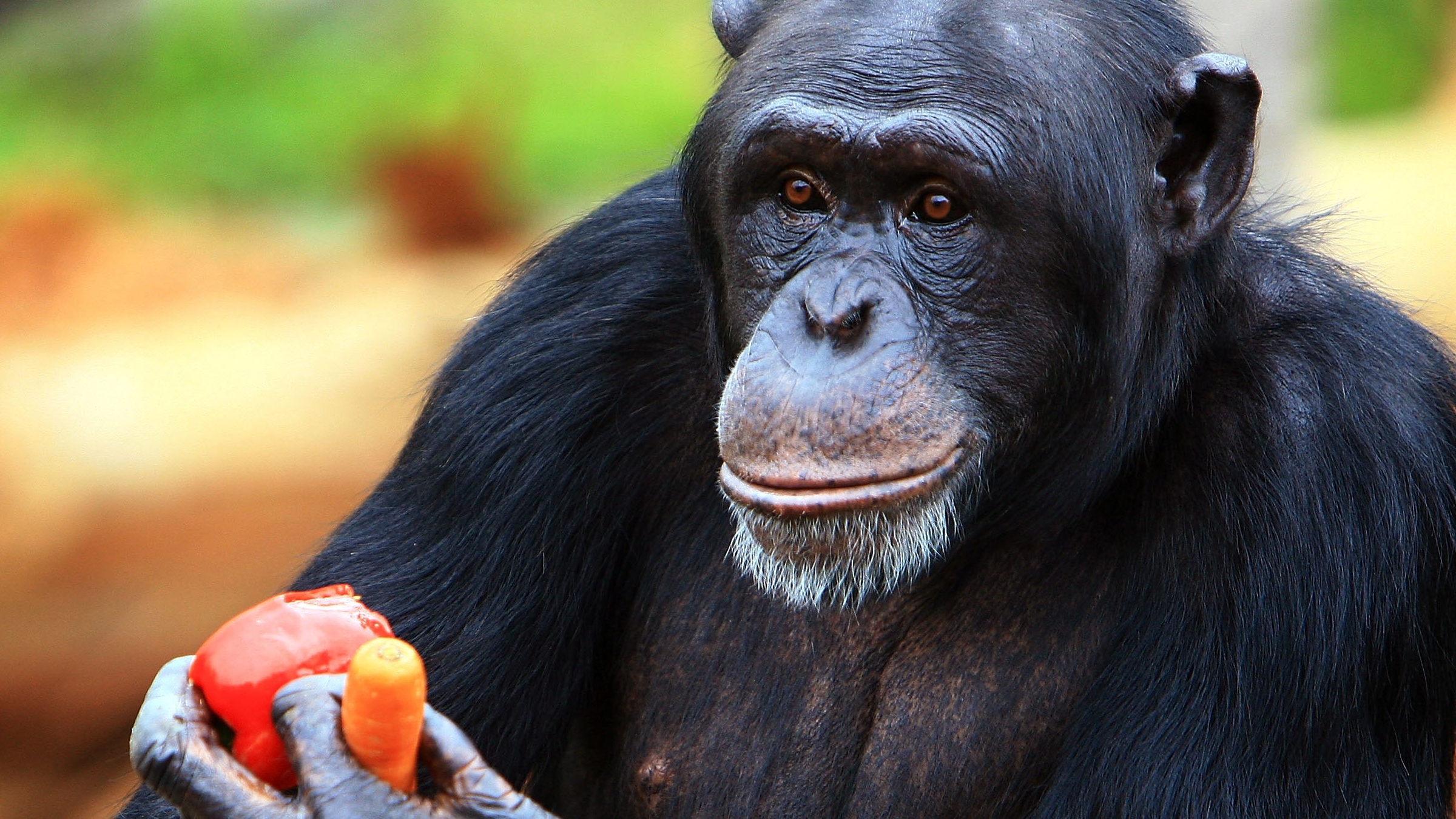 How chimpanzee ‘lip smacking’ can unlock mystery behind human speech
How chimpanzee ‘lip smacking’ can unlock mystery behind human speechSpeed Read New study reveals rhythm of great apes’ communications is identical to spoken language
-
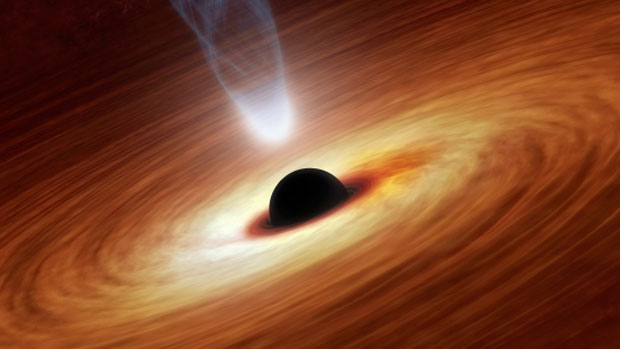 Scientists discover new variety of black hole
Scientists discover new variety of black holeSpeed Read Astronomers had previously missed entire class of dead star
-
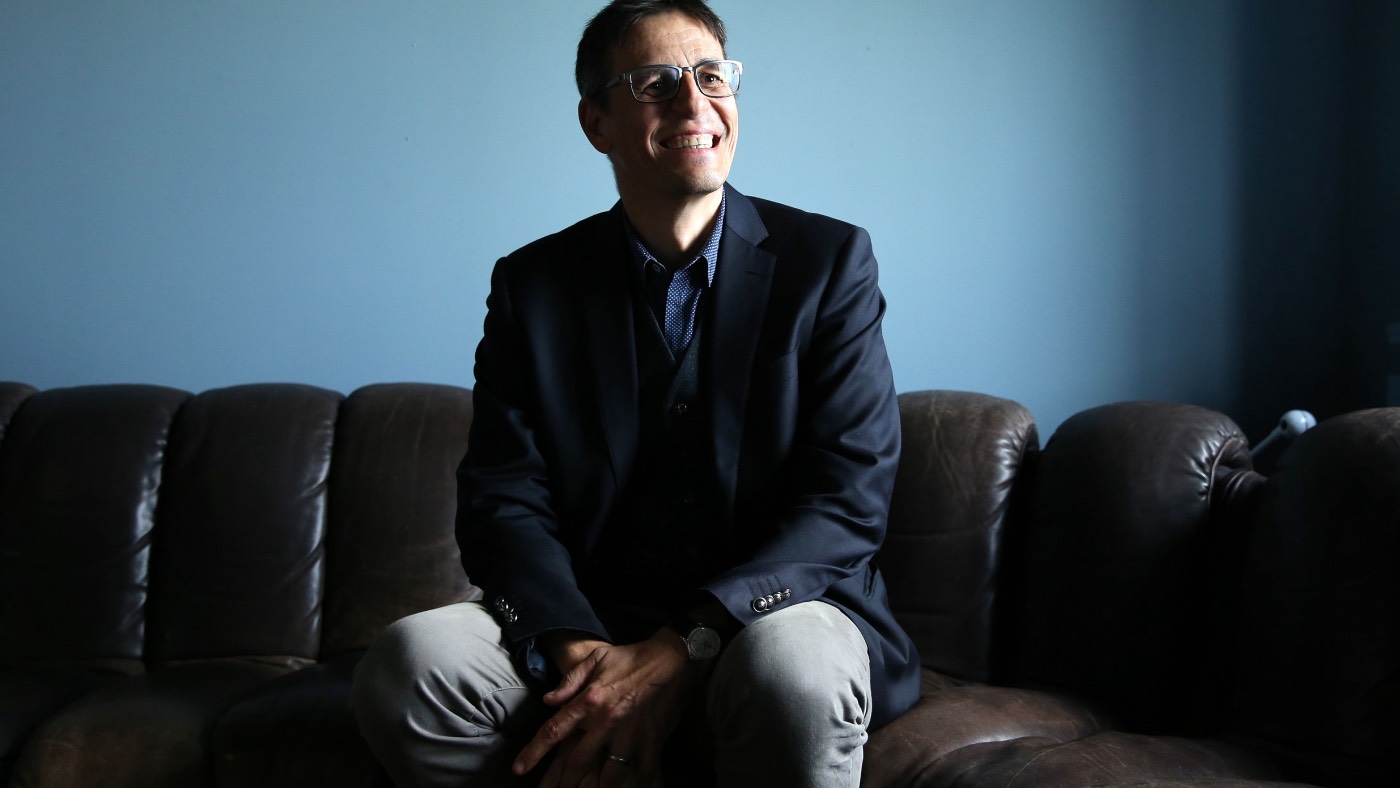 Trio win Nobel physics prize for work to understand cosmos
Trio win Nobel physics prize for work to understand cosmosSpeed Read The scientists were hailed for ‘ground-breaking’ discoveries
-
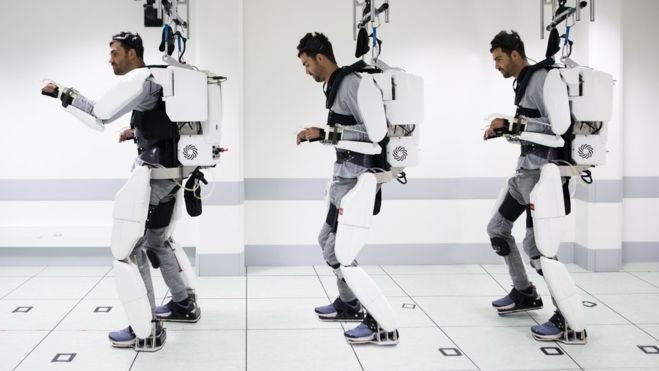 Quadriplegic man walks using mind-reading robotic exoskeleton
Quadriplegic man walks using mind-reading robotic exoskeletonSpeed Read Robo-suit hailed as huge step forward for paralysed patients
-
 Will ancient scrolls damaged by Vesuvius be read again?
Will ancient scrolls damaged by Vesuvius be read again?Speed Read Scientists believe they have developed technology to see what is on the famous scrolls